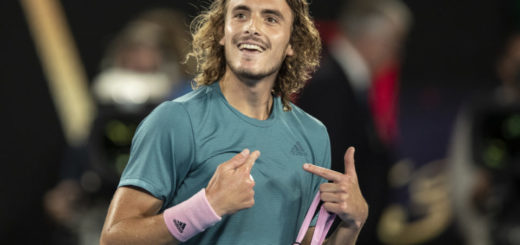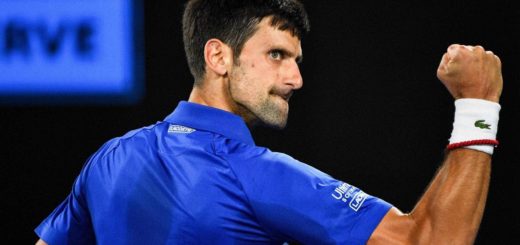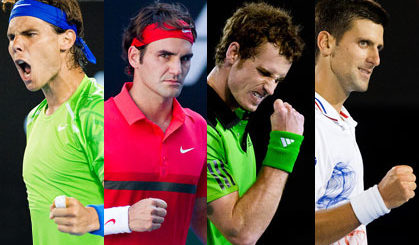The Last 10 Male Grand Slam Winners
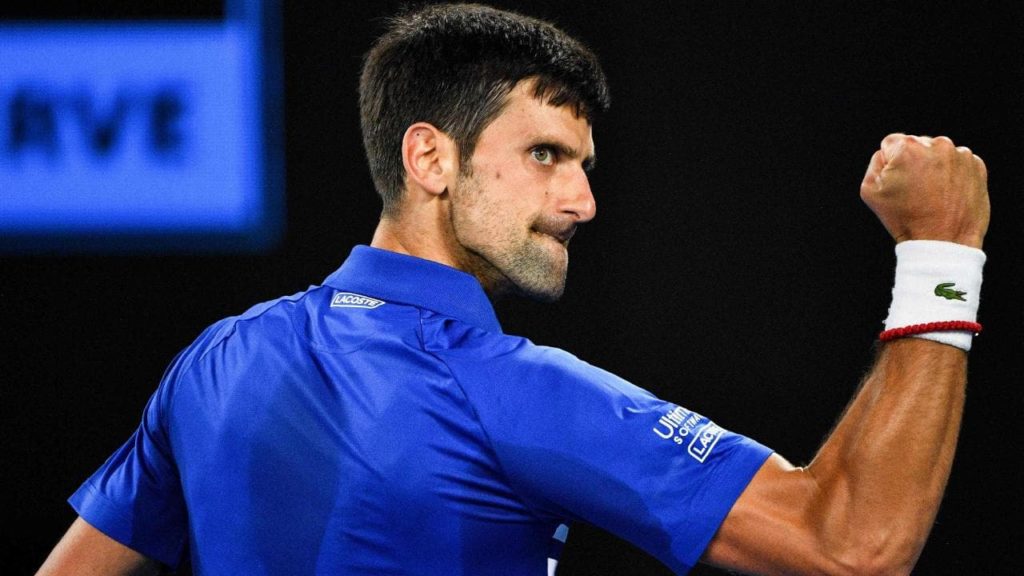
Novak Djokovic:
2019 Australian Open
Novak Djokovic isn’t far behind Federer and Nadal having racked up an impressive fifteen Grand Slam titles, including the incredible feat of holding all four grand slams at once. Things looked a bit shaky in 2017 with fans unsure if he’d return to top form, but in 2018, he proved he was one of the best by winning the last two Grand Slams of the year at Wimbledon and the US open. He was then able to further cement himself in the running for the greatest of all time when he won hi record seventh Australian Open in 2019.
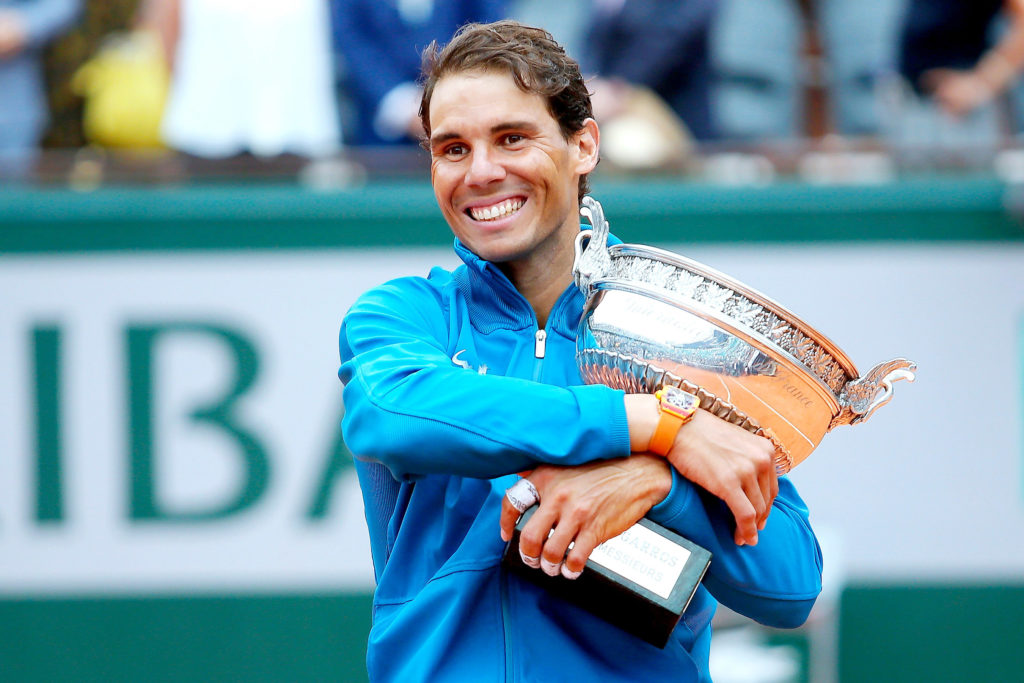
Rafael Nadal:
2018 French Open
The undisputed king of clay and one of the only players people suggest might have an argument for being the greatest of all time over Federer. Rafael Nadal won his first Roland Garros title a mere three days after his nineteenth birthday and has since gone on to win ten more. He’s also picked up a pair of Wimbledon titles, three US Opens and an Australian Open. With a total of seventeen Grand Slam titles, he’s looking to take over Federer, and with his dominance on clay, he may just get there. He most recently won the 2018 French Open and is looking to clutch his twelfth in 2019.
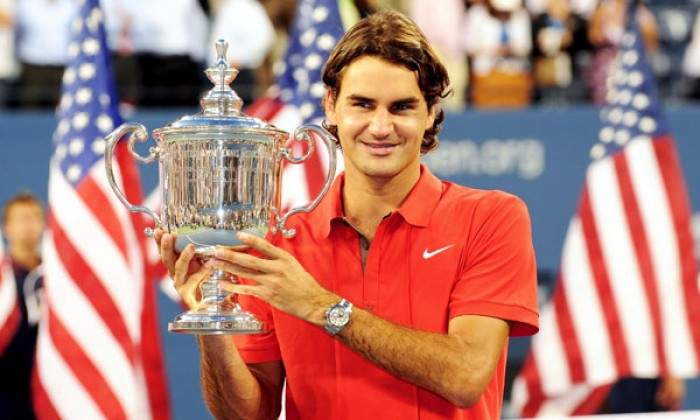
Roger Federer:
2018 Australian Open
Roger Federer is generally considered the greatest male tennis player of all time, with good reason. Between 2004 and 2007, he won an amazing eleven out of sixteen Grand Slams, only losing to three players at Grand Slam level that whole time, all of them prior or future world number ones (Rafael Nadal, Marat Safin, and Gustavo Kuerten). Winning his first Grand Slam at Wimbledon in 2003, he has a massive span of fifteen years between his first and last slams, winning a total of twenty. His most recent slam came at the ripe old age of thirty-six at the 2018 Australian Open. It’s hard to say if he’s got another one in him, but he certainly thinks he does.
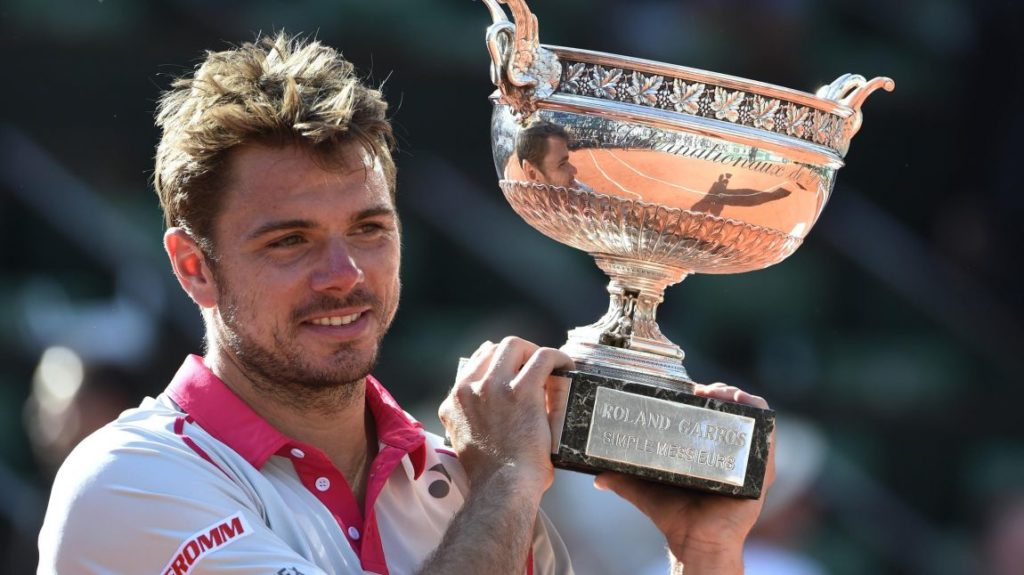
Stan Wawrinka:
2016 US Open
Stan surprised the world in 2013 when he pushed world number one, Novak Djokovic to five sets in the fourth round of the Australian Open, although he ultimately lost the fifth set 10-12; he then pushed Djokovic to five sets again in the semi-finals of the US Open. He was finally able to take down Djokovic at the Australian Open the following year, taking the final set 9-7 in a gruelling quarter-final match and went on to beat Nadal in the final. He would later beat Djokovic in two more finals, one at the 2015 French Open and most recently at the 2016 US Open.
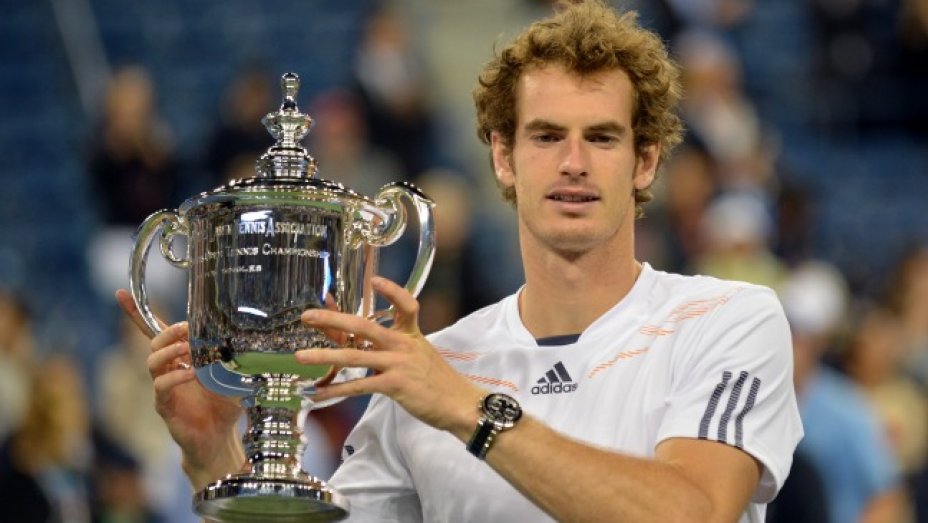
Andy Murray:
2016 Wimbledon
Andy Murray, the man who would most likely be the champion of 10+ slams if he was simply born in another era. Andy won his first Grand Slam at the US Open in 2012 but really made waves in 2013 when he became the first Brit since Fred Perry in 1936 to win Wimbledon. Andy Murray picked up a second Wimbledon title in 2016 and even finished the year as world number one. Unfortunately, injury plagued him in the following years, and he was unable to replicate that same level of success and ultimately, made the decision to retire in 2019.
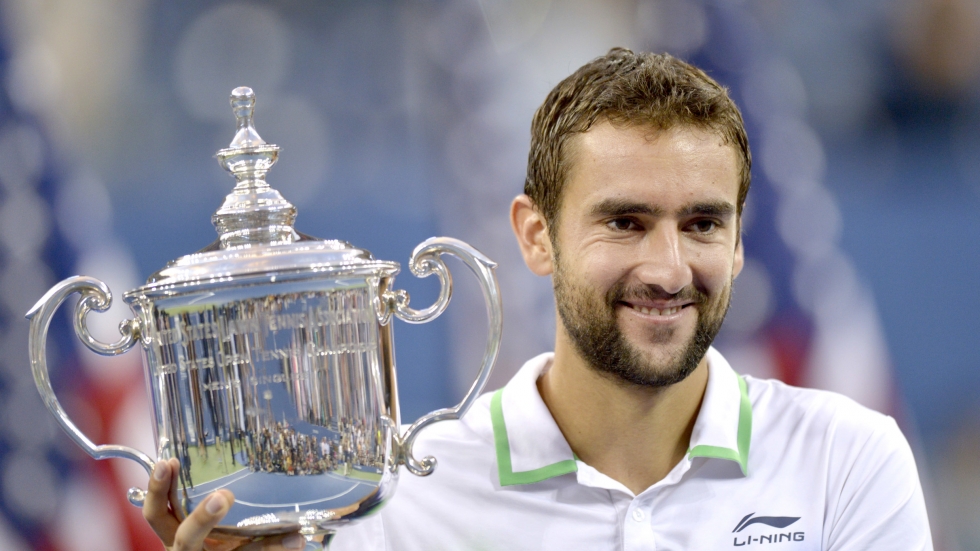
Marin Cilic:
2014 US Open
The 2014 US Open broke ground when it became the first Grand Slam since the 2005 Australian Open not to have one of the Big Four in the final, and, as of 2019, it remains the last. With both Djokovic and Federer in the semi-finals, it looked like it would be an easy win for the two of them to set up another all big four final. But when Cilic upset Federer, and Nishikori swatted aside Djokovic within hours of each other, it suddenly sunk in that for the first time since 2009, we would have a new winner. Cilic went onto handily win the final and declare himself a force to be reckoned with.
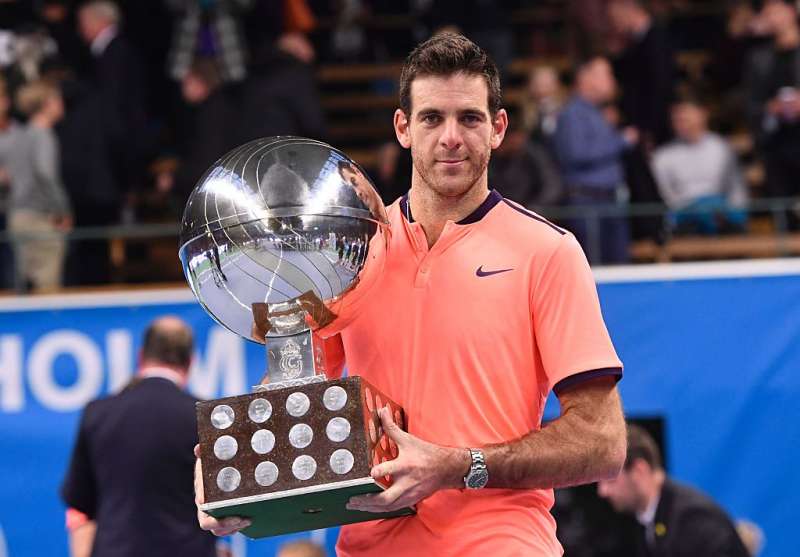
Juan Martin Del Potro:
2009 US Open
Del Potro took the world by storm in 2009 when he stopped Federer winning his sixth US Open, becoming the first player to ever beat both Federer and Nadal in the same Grand Slam. Only twenty-one at the time, things were looking promising for the young Argentine, but injuries held him back for a number of years. He reached the final of the US Open again in 2018, suggesting that we may not have seen his last grand slam victory.
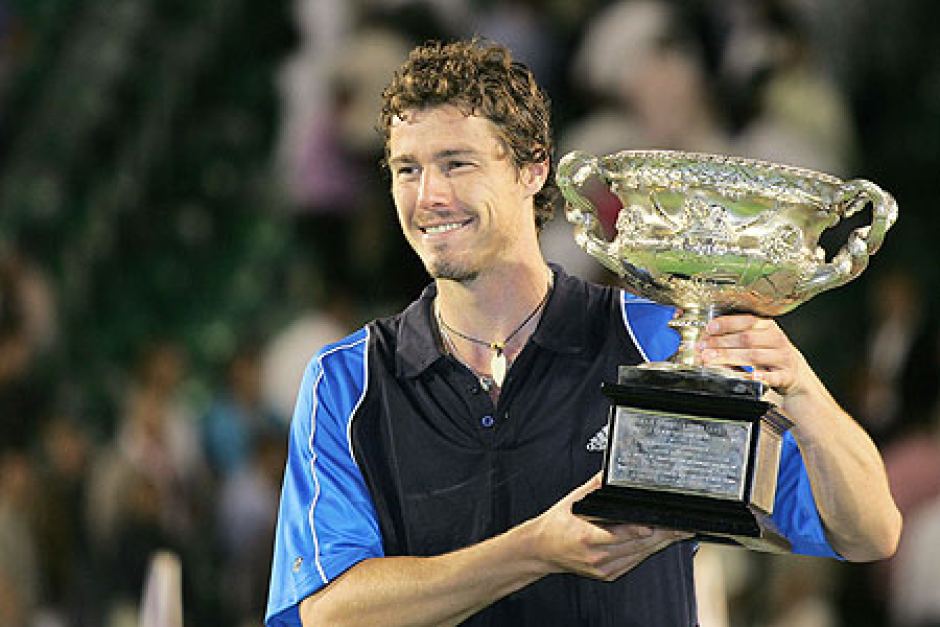
Marat Safin:
2005 Australian Open
At the semi-finals of the 2005 Australian Open, you would have been forgiven for believing that Federer was going to crush Safin in a rematch of the previous year’s final and go on to win the tournament over Hewitt. But then the unbelievable happened. Safin did what was seemingly impossible at the time and upset Federer in a thrilling five-setter. He then went on to beat the home crowd favourite, Lleyton Hewitt, to take the title he’d come so close to twice before. Safin didn’t win another title after that and more or less dropped off the map. He briefly returned to form with a semi-final appearance at Wimbledon in 2008, upsetting Novak Djokovic in the early rounds but was beaten easily by Federer in straight sets. He retired shortly after at the age of just 29.
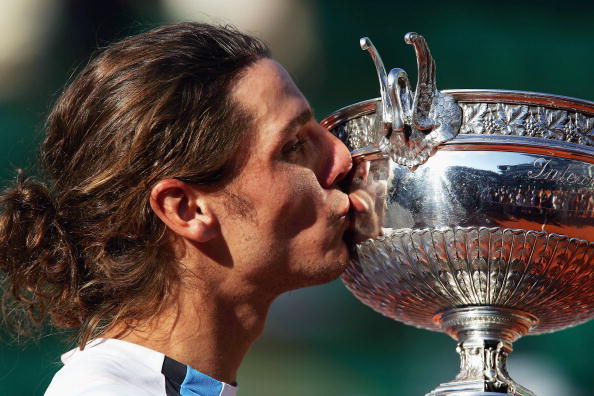
Gaston Gaudio:
2004 French Open
It’s hard to remember a time when Rafael Nadal wasn’t the king of clay, but that time did exist. Following clay court specialists like Gustavo Kuerten and Juan Carlos Ferrero (who would have been eleventh on this list if it went that far) was a man many thought would see a lot of clay success, Guillermo Coria. While Coria did achieve plenty of success on clay, his dream of winning Roland Garros was thwarted when the clear favourite was thwarted in a massive upset by the unseeded Gaston Gaudio in what is considered one of the biggest chokes in Grand Slam history. Though often forgotten, Gaston Gaudio would be the last person outside of Federer and Nadal to see success at the French open for ten years.
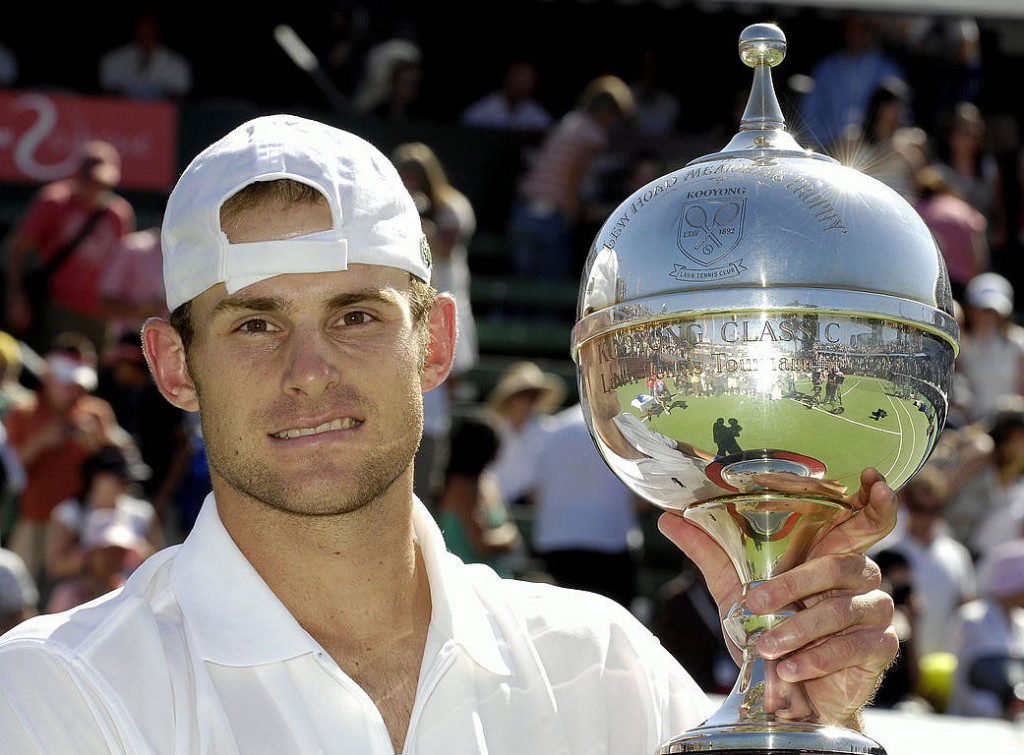
Andy Roddick:
2003 US Open
It’s hard to imagine that since 2003, only nine men have won Grand Slams. That’s over 15 years! Roddick managed to sneak in a Grand Slam win at the US Open in 2003 and even became world number one, just before Federer started truly dominating. Roddick was one of Federer’s early rivals, and Federer was the only thing stopping Roddick from becoming a multi-slam winner, beating Roddick in all four finals appearances the American made after his US Open win. Federer was also the one to knock Roddick out in three of his five Grand Slam semi-finals appearances, ensuring that Roddick was doomed to live as a one-slam wonder.

